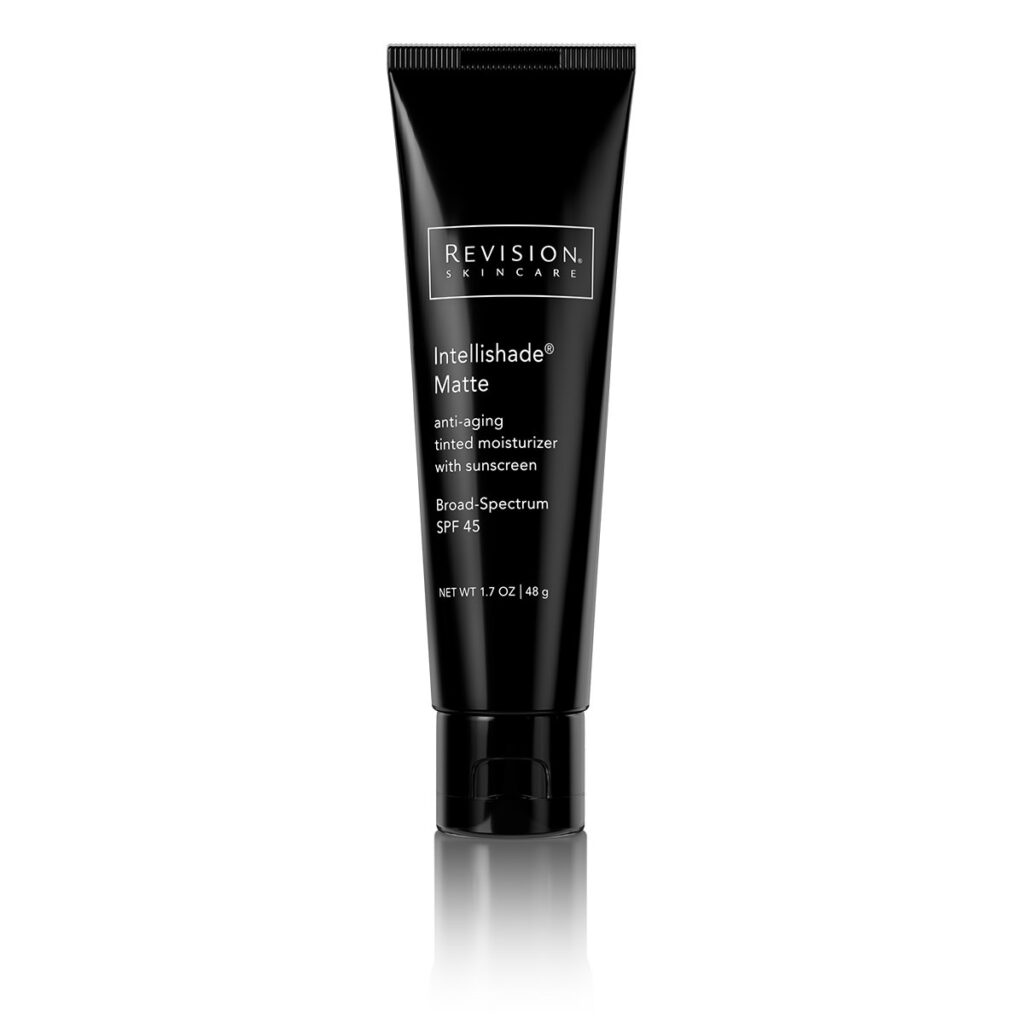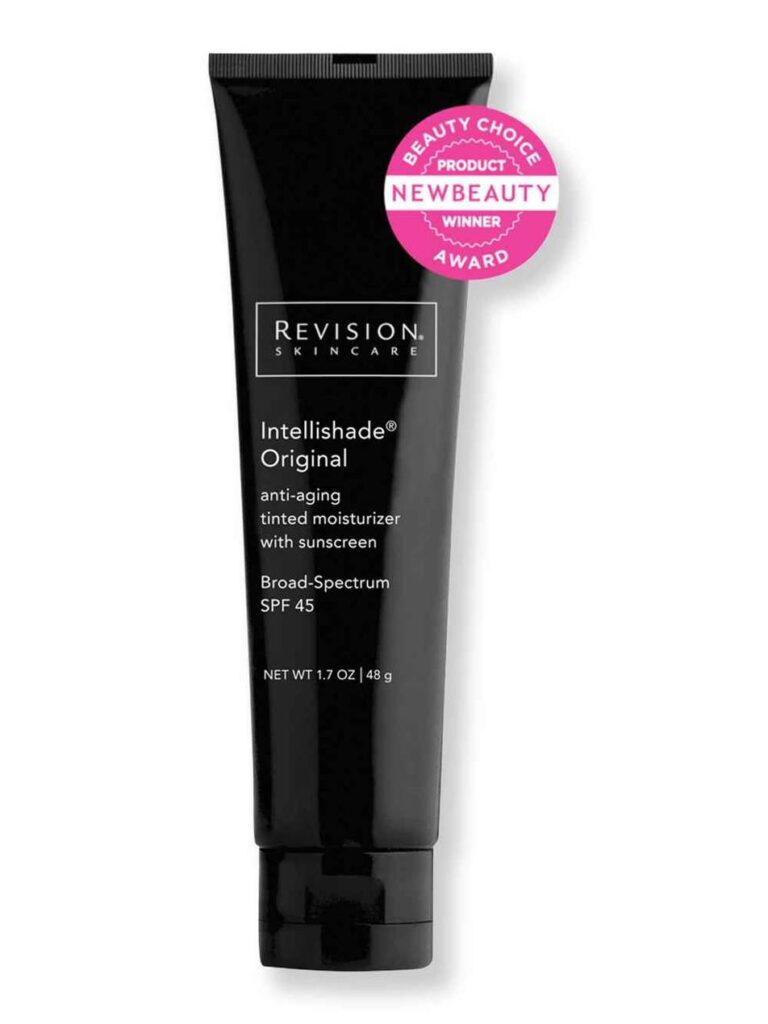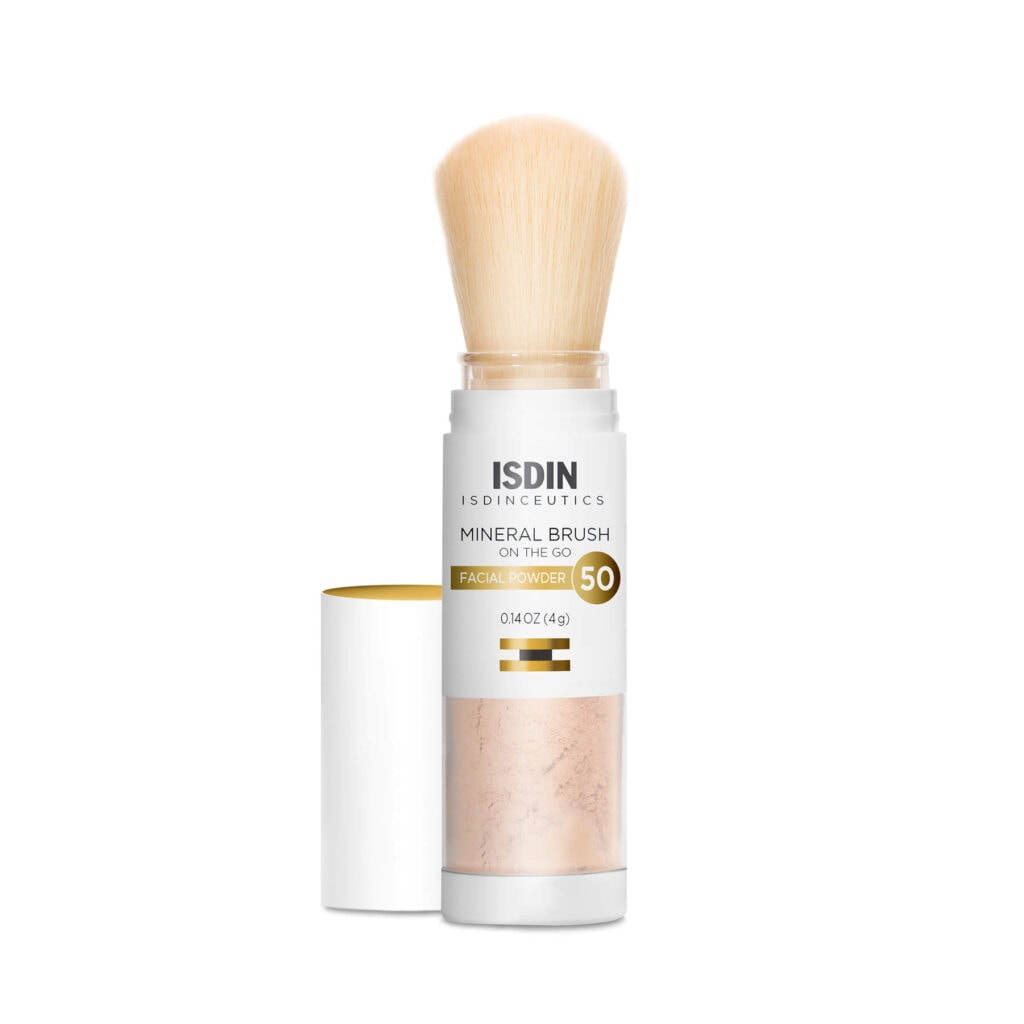Sunscreens
Summer is just around the corner, which means it’s time to break out the sunscreen! But did you know that there are more benefits to using sunscreen than just preventing sunburn? In fact, sunscreen can help protect your skin from a range of damaging effects, including premature aging and skin cancer. Here’s everything you need to know about the benefits of sunscreen.
The dangers of not using sunscreen
With the summer sun shining bright, it’s tempting to spend all day outdoors enjoying the warm weather. However, it’s important to remember the dangers of not using sunscreen. UV rays can cause sunburn, skin damage, and even skin cancer. In fact, according to the American Academy of Dermatology, one in five Americans will develop skin cancer in their lifetime. That’s why it’s so important to protect yourself from the sun by wearing sunscreen with an SPF of 30 or higher. Not only will it help prevent sunburn and skin damage, but it will also help reduce your risk of developing skin cancer. So this summer, be sure to slather on the sunscreen before you head out into the sun!
The benefits of using sunscreen
We all know that we should be using sunscreen to protect our skin from the sun’s harmful rays. But did you know that there are actually some major benefits to using sunscreen? Here are just a few reasons why you should be lathering up with SPF on a daily basis. Sunscreens can:
- help prevent skin cancer.
- help prevent premature aging.
- protect your skin from UV rays.
- help keep your skin healthy and looking young.
- are essential for protecting your skin from the sun’s harmful rays
How to choose the right sunscreen for you
With the warmer weather on the horizon, it’s time to start thinking about sunscreen. But with so many different products on the market, it can be hard to know which one is right for you. Here are a few things to keep in mind when choosing sunscreen:
– The SPF (sun protection factor) rating measures how well the sunscreen protects against UVB rays, which are the primary cause of sunburn. Look for sunscreen with an SPF of at least 30.
– In addition to UVB protection, you also want a sunscreen that offers UVA protection. Look for a product that is labeled “broad spectrum.”
– Water resistance is another important factor to consider, especially if you’ll be spending time in the water. Look for a sunscreen that is labeled “water resistant” and has an SPF of at least 40.
With these tips in mind, you’ll be sure to find the right sunscreen for your needs.
How to use sunscreen correctly
Many people know that they should be using sunscreen to protect their skin from the harmful effects of the sun, but they may not know how to use it correctly. It is important to apply sunscreen evenly and generously to all exposed areas of skin, including the face, neck, ears, and hands. It is also important to reapply sunscreen every two hours, or more frequently if you are sweating or swimming. In addition, it is important to choose a sunscreen with an SPF of at least 15 and to make sure that it provides broad-spectrum protection against both UVA and UVB rays. By following these simple tips, you can help ensure that your skin stays healthy and protected all summer long.
5 Sunscreen myths debunked
With the warm weather finally here, it’s important to remember to protect your skin from the harmful effects of the sun. But with so much conflicting information out there, it can be hard to know what steps to take to safeguard your health. Here are five common sunscreen myths, debunked:
Myth 1: You only need to worry about getting sunburned when the weather is hot.
Fact: Even on cooler days, the sun’s rays can penetrate the atmosphere and damage your skin. That’s why it’s important to wear sunscreen year-round, even on cloudy days.
Myth 2: Wearing sunscreen will make you more likely to get skin cancer.
Fact: There is no evidence that sunscreen causes cancer. In fact, just the opposite is true – studies have shown that wearing sunscreen can help reduce your risk of developing skin cancer.
Myth 3: You don’t need to wear sunscreen if you’re not going to be in the sun for very long.
Fact: Even brief exposure to the sun’s ultraviolet (UV) rays can damage your skin. It’s important to apply sunscreen before you go outside, and reapply it every two hours or sooner if you’re sweating or swimming. And don’t forget to apply it liberally – most people only use 25-50% of the recommended amount.
Myth 4: darker skin tones don’t need to worry about sunscreen because they don’t sunburn as easily.
Fact: While it’s true that people with darker skin tones are less likely to get sunburned, they are still at risk for other forms of skin damage, including skin cancer. That’s why it’s important for everyone, regardless of their skin tone, to wear sunscreen when spending time outdoors.
Myth 5: SPF 15 is all you need.
Fact: The SPF (sun protection factor) is a measure of how well a sunscreen protects against UVB rays, which are the main cause of sunburn. However, it doesn’t tell you anything about sunscreen’s protection against UVA rays, which cause aging and other forms of skin damage. That’s why experts recommend looking for a broad-spectrum sunscreen with an SPF of 30 or higher.
The best sunscreens for different skin types
With the summer sun shining bright, it’s important to protect your skin with sunscreen. But not all sunscreens are created equal. The best sunscreen for you depends on your skin type.
If you have sensitive skin, look for a sunscreen that is labeled “fragrance-free” and ” hypoallergenic.” It’s also a good idea to find a sunscreen that has at least SPF 30. For people with oily skin, look for an “oil-free” or “matte finish” sunscreen. These products will help to keep your skin from looking too greasy. People with dry skin should choose a moisturizing sunscreen. This will help to prevent your skin from drying out and cracking in the heat. No matter what your skin type, it’s important to find a sunscreen that you like and that will work well for you. With so many options on the market, there’s no excuse not to find the perfect one for you.
Tips for staying safe in the sun
Staying safe in the sun is essential for protecting your skin from damage. Here are three tips to help you stay safe when you’re out and about:
Wear sunscreen. Be sure to apply broad-spectrum sunscreen with an SPF of 30 or higher before you go outside. Don’t forget to reapply every two hours, even if you’re not swimming or sweating.
Wear protective clothing. Cover up as much of your skin as possible with loose-fitting, breathable clothing. A wide-brimmed hat can also help to keep the sun off your face, neck, and ears.
Seek shade. When the sun is at its strongest, typically between 10 am and 4 pm, try to stay in the shade as much as possible. If you must be in the sun, take breaks frequently so that you don’t overheat.
By following these simple tips, you can enjoy being outdoors while keeping your skin healthy and safe from harmful sun exposure.




